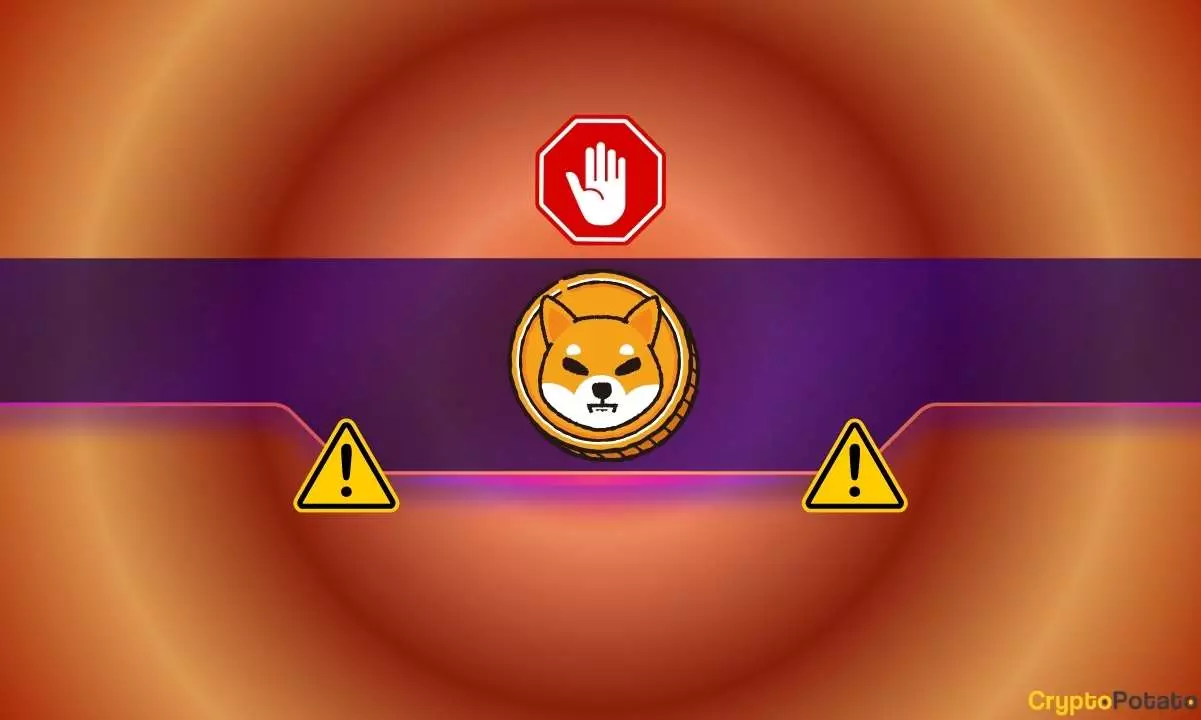In the fast-paced world of cryptocurrency, the Shiba Inu (SHIB) community has gained significant attention, attracting both genuine enthusiasts and fraudulent actors. Recently, the rise of scams in the Shiba Inu ecosystem has led to alarming warnings from Shibarium Trustwatch and other authority figures. These scammers, taking advantage of the booming popularity of SHIB, have been impersonating key developers to promote fake tokens. This article delves into the complexities of such scams, the importance of community vigilance, and how users can safeguard their assets.
The Shiba Inu ecosystem has garnered a massive fan base due to its meme-centric appeal and potential utility through upcoming tokens like SHI and TREAT. However, this large following also creates an enticing target for criminals looking to exploit newcomers. Fake groups have emerged, led by impersonators of acclaimed developers like Shytoshi Kusama, who engage in fraudulent activities aimed at deceiving users. Scammers often portray themselves as trustworthy figures, which is particularly dangerous in a community driven by social interaction and a spirit of collaboration.
The essence of these scams lies in their sophistication. Fraudsters rely on a well-crafted deception strategy where they gain the confidence of the community before pushing tokens or services that do not exist or offer no real value. These tactics have led many within the community to share sensitive personal information under the pretense of legitimate investment opportunities.
The alerts issued by Shibarium Trustwatch serve as critical reminders to all participants in the Shiba Inu ecosystem. Users are encouraged to stay vigilant and verify the authenticity of any token or group before engaging. The advice extends beyond mere caution, underscoring the importance of diligent research in an environment filled with potential hazards.
Interestingly, the Shiba Inu developers have repeatedly emphasized the importance of following official announcements from credible sources. With the launch of new tokens like SHI and TREAT still pending, it is imperative to recognize that anyone claiming ownership or exclusive knowledge of these assets could be luring individuals into traps. Moreover, as the crypto market experiences fluctuations, the potential for scams tends to increase, especially when prices surge. This surge attracts newcomers who might lack the knowledge to navigate the complexities of cryptocurrency safely.
Education is the cornerstone of protection against scams in the crypto landscape. Users must familiarize themselves with common scam tactics, such as fake giveaways, impersonation, and unsolicited advice from so-called “experts.” Accessing resources that focus on educating users about safe practices in the cryptocurrency space can significantly reduce the likelihood of victimization.
Furthermore, community-driven initiatives play a crucial role in building resistance against fraud. The Shiba Inu community must come together to share experiences, highlight ongoing scams, and report suspicious activities. By reinforcing a culture of transparency and caution, community members can create a safer environment for themselves and for new investors entering the ecosystem.
As the popularity of Shiba Inu continues to expand, so does the presence of nefarious actors seeking to exploit unsuspecting community members. Scammers thrive on the excitement of a bullish market, prompting a savvy community to adopt a vigilant attitude. By verifying information, staying informed, and relying solely on official channels, members of the Shiba Inu community can protect themselves against fraud.
In an ecosystem so reliant on trust and collective effort, vigilance becomes the most powerful weapon against those looking to take advantage of others. The Shiba Inu community must band together, reinforcing the ethos of diligence, authenticity, and shared responsibility, ensuring that it remains a thriving environment for innovation rather than a breeding ground for scams.














Leave a Reply